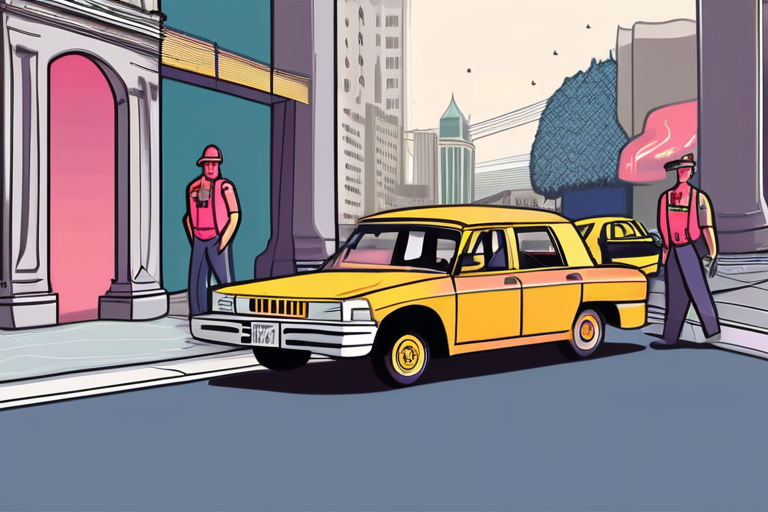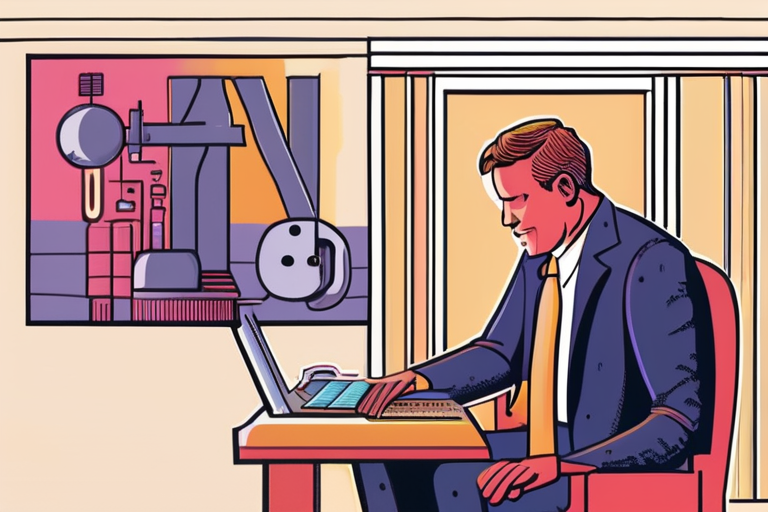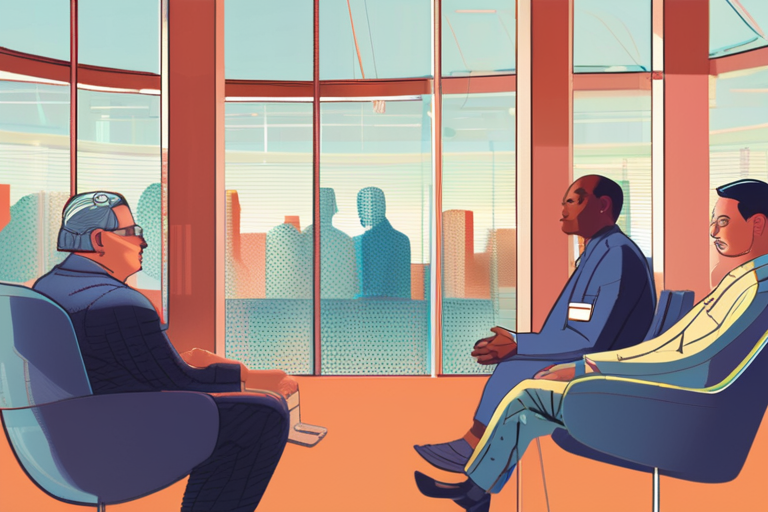California Governor Newsom Signs Landmark Bill Granting Unionization Rights to Uber and Lyft Drivers


Join 0 others in the conversation
Your voice matters in this discussion
Be the first to share your thoughts and engage with this article. Your perspective matters!
Discover articles from our community

 Hoppi
Hoppi

 Hoppi
Hoppi

 Hoppi
Hoppi

 Hoppi
Hoppi

 Hoppi
Hoppi

 Hoppi
Hoppi

California Lawmakers Clear Path for Uber and Lyft Drivers to Unionize California lawmakers have reached a landmark agreement with Uber …

Hoppi

California's Newly Signed AI Law Fails to Impose Stricter Safety Measures on Tech Giants On Monday, California Governor Gavin Newsom …

Hoppi

California's Newly Signed AI Law Gives Big Tech a Free Pass In a move that has sparked controversy among tech …

Hoppi

California Lawmakers Clear Path for Uber and Lyft Drivers to Unionize In a landmark agreement, California lawmakers have paved the …

Hoppi

California Lawmakers Clear Path for Uber and Lyft Drivers to Unionize In a landmark agreement, California lawmakers have paved the …

Hoppi

California Governor Gavin Newsom Signs Landmark AI Safety Regulation, Setting National Precedent In a significant move to regulate artificial intelligence, …

Hoppi